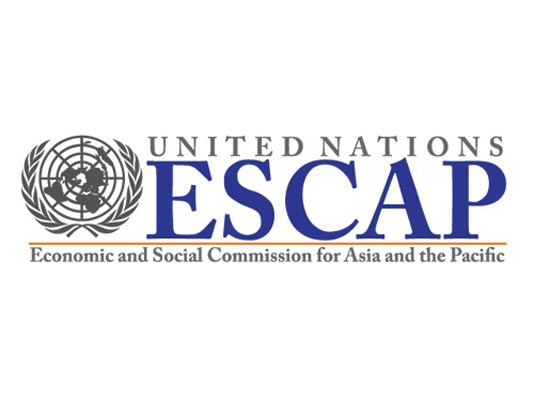DHAKA, Feb 19, 2021 (BSS) – “The Framework Agreement on Facilitation of Cross-border Paperless Trade in Asia and the Pacific” will enter into force tomorrow.
At the United Nations Economic and Social Commission for Asia and the Pacific (ESCAP), in 2016, member States adopted the Framework Agreement on Facilitation of Cross-border Paperless Trade in Asia and the Pacific to accelerate trade digitalization – the electronic exchange of trade-related data across borders, said a press release today.
More than 25 countries worked together to develop the treaty, which is now open for accession to all 53 members of ESCAP.
The five countries that have ratified or acceded to the treaty — Azerbaijan, Bangladesh, China, the Islamic Republic of Iran and the Philippines -all are committed to regional cooperation in this critical area.
Armenia and Cambodia signed the treaty in 2017 while several other ESCAP members are in the process of completing their accession this year.
The COVID-19 crisis, amidst numerous challenges, brought digital solutions into the limelight.
Paperless trade in particular was recognized as an effective way to mitigate trade disruptions during the crisis, enabling trade while limiting physical contacts.
Beyond the crisis, however, paperless trade will also provide more seamless, inclusive and resilient trade connectivity for Asia and the Pacific, contributing to building back better.
The framework agreement can help Bangladesh to streamline its trade procedures effectively and reduce trade costs.
A study by UNESCAP finds that, if Bangladesh implements WTO TFA together with cross-border paperless trade measures, it could achieve trade cost reductions by 33 percent if it aims at basic compliance with the TFA.
This amounts to potential trade transaction cost savings of more than US$0.7 billion per year.
As Bangladesh prepares for the graduation from the Least Developed Country category, the Framework Agreement, with its technical assistance and cooperation arrangements, can assist Bangladesh to better prepare for graduation from Least Developed Country, compensating impact from losing preferential market access.
Through implementation of Cross-border Paperless Trade Agreement, Bangladesh may make further stride in “Ease of Doing Business Index” and also can attract more Foreign Direct Investment (FDI).
The implementation of Cross-border Paperless Trade will help materialize the vision of Hon’ble Prime Minister to achieve targets of transforming the country into Digital Bangladesh and gaining the status of a high income country (Developed Bangladesh) by 2041.
The Framework Agreement is dedicated to support our region’s journey towards cross-border paperless trade.
The Framework Agreement is designed as an inclusive and highly flexible cooperation and capacity building platform, such that countries can participate regardless of their levels of development and digitalization.
Proper implementation of the agreement will also play a supportive role in materializing WTO Trade Facilitation Agreement (TFA) and National Single Window (NSW) initiative.
Across Asia and the Pacific, the countries may enhance their Business competitiveness by becoming parties to the Cross-border paperless Trade Agreement.
At the same time, the countries may effectively address new challenges associated with E-Commerce and the digital economy through implementation of the agreement.



